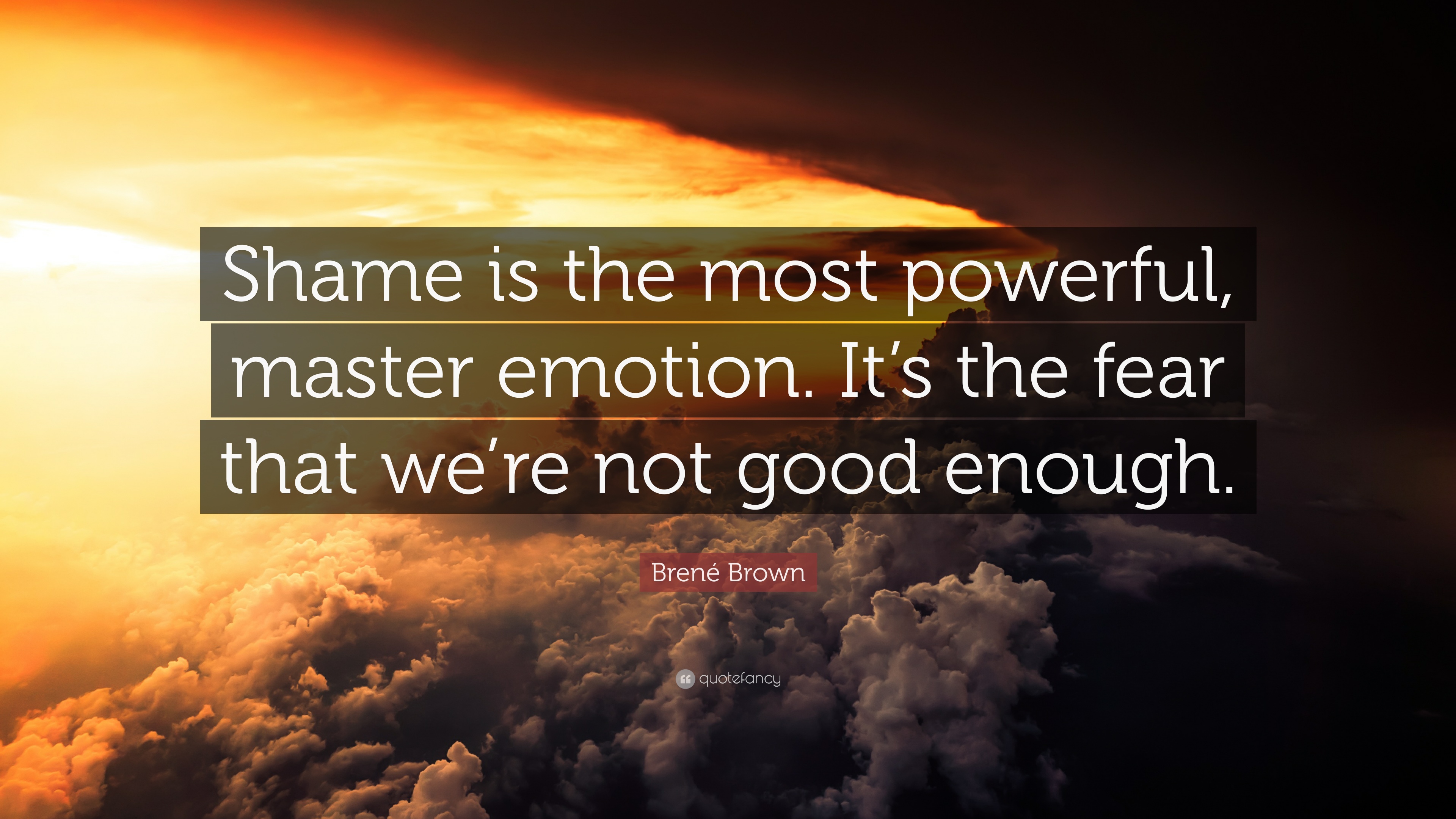Shame is a huge but ignored factor in wellbeing research. In an increasingly impersonal digital society, the problem with shame becomes even greater. A wide range of disorders and self-sabotaging behaviours, from addiction to aggression, can all be traced back to the soul-eating emotion of shame. This paper focuses on ways to transform shame into wellbeing and resilience.
Different Types of Shame
There are four major types of shame with different causes, requiring different treatments. All four types of shame can become toxic and severely affect our wellbeing if left untreated.
- Guilt-based shame for some moral transgression.
- Social-comparison-based shame for not being as good as others or being different from others.
- Self-image-based shame for one’s own deficiency or inadequacy, real or imagined.
- Trauma-based shame because of physical or emotional abuses, such as sexual assault or verbal abuse that we are not good enough.
Different Meaning-Focused Interventions
The good news is that there is an effective cure for shame, and we can become more resilient and happier by overcoming shame (Wong, in press).
I propose that these different types require different meaning-focused interventions. For example, for the first type of guilt-based shame, self-compassion and forgiveness are important considerations in therapy.
For the second type of social-comparison-based shame, one needs to switch from comparing with others to comparing with oneself yesterday. The focus should be on daily self-improvement and striving to fulfill one’s potential.
For the third type of self-image-based shame, the focus should be on knowing and accepting one’s true self and one’s own limitations. The key is to strip away all the false assumptions and distorted self-perceptions so that one can discover one’s true value.
For the last type of trauma-based shame, penetrating the subconscious memory and re-writing the narrative surrounding the trauma are paramount. However, in all cases, a trusted relationship and a focus on meaning remain the key to transforming shame to wellbeing.
You can learn all about how to integrate healing with flourishing in provide a meaning-focused cure for shame at the INPM’s Summer Institute 2019 on “Transforming Trauma into Resilience with Meaning Therapy” from July 20-21, 2019
References
- Wong. P. T. P. (2019). Foreword: From shame to wholeness: An existential positive psychology perspective. In C.-H. Mayer, & E. Vanderheiden (Eds.), The bright side of shame: Transforming and growing through practical applications in cultural contexts (pp. v-ix). Cham, Switzerland: Springer.
Cite
Wong, P. T. P. (2019, May 2). You can turn shame into pride and wellbeing through meaning therapy. Dr. Paul T. P. Wong. Retrieved from http://www.drpaulwong.com/you-can-turn-shame-into-pride-and-wellbeing-through-meaning-therapy


